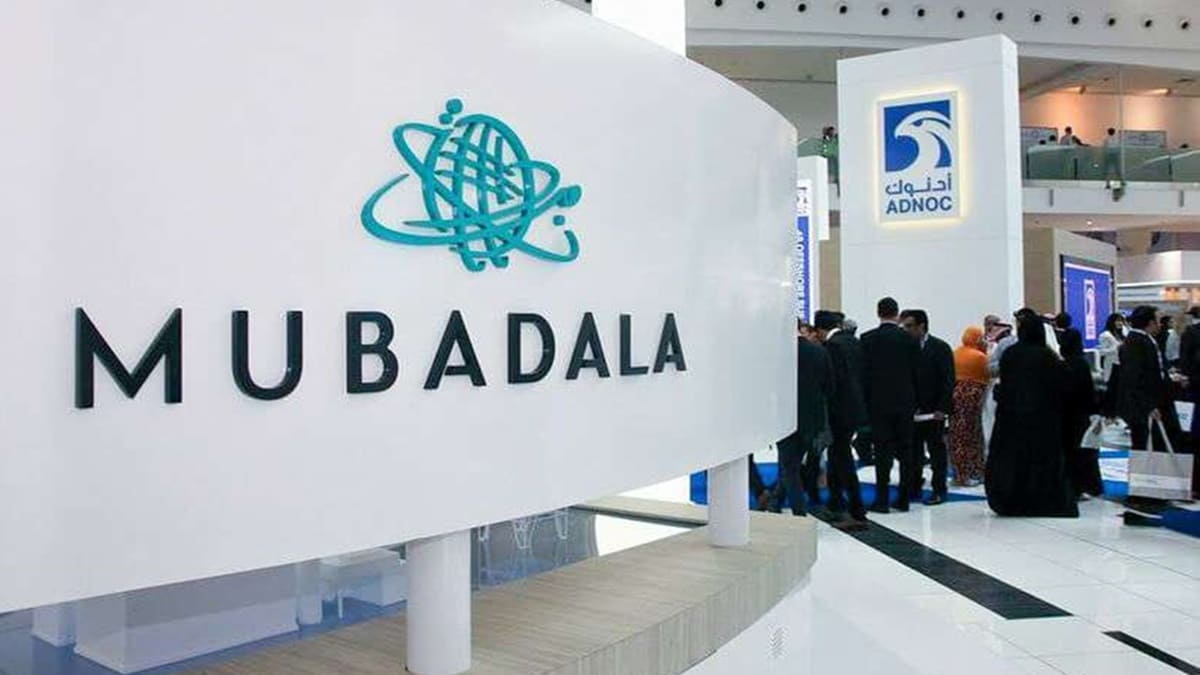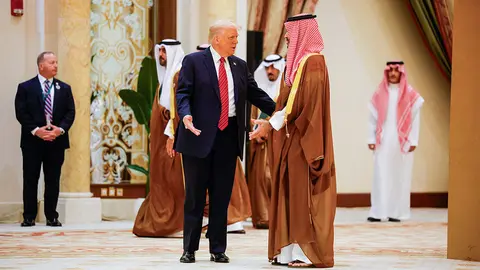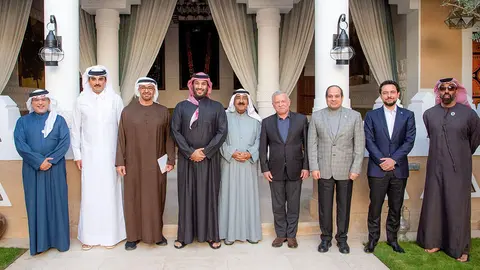Gulf sovereign wealth funds develop new dynamics to promote agreements

Sovereign wealth funds in the Gulf region are undergoing a modernisation process in which they are moving away from the traditional approach of total confidentiality and a focus on stable long-term investments to become more dynamic and flexible in order to tap into new sectors and emerging markets.
These funds control more than 4 trillion dollars, and any movement or variation has a large-scale effect on the international financial landscape. This triggers extreme caution and public non-interference in the management of this environment. Likewise, fund leaders are aware of the magnitude of the importance of these activities, which leads to greater transparency being demanded of asset managers when changes are made to investments.

Global competition for high-yield assets is increasing. As a result, Gulf countries are seeking to diversify their sources of income and reduce their dependence on oil, shifting to key sectors such as technology, renewable energy, infrastructure, sports and even entertainment. This is leading to a change in management, tools and anticipation of income and global market trends. This is linked not only to changes in global markets, but also to the economic transformation of the region.
The change in focus was highlighted by the warning issued last week by the directors of the Saudi Arabian Public Investment Fund and the Kuwait Investment Authority regarding specific investments. Specifically, Sheikh Saud Salem Al-Sabah, managing director of the Kuwait Investment Authority, which controls assets worth one trillion dollars, stated at the Qatar Economic Forum that the private equity sector is turbulent, especially for large transactions and venture capital, which is becoming an important concern to consider in business.

In response to these comments, the Qatar Investment Authority announced the need to take a cautious approach to private credit, which has become a popular and important asset for Gulf wealth funds. However, Qatar's position remains cautious due to the crowded nature of the market, as stated by the CEO of the Investment Authority, Mohammed Al-Suwaidi. It should be noted that Doha is negotiating with US companies, developing reforms and approving incentives to consolidate the country as a financial centre in the Middle East. Therefore, for Qatar, wealth funds are a gateway to achieving its goal of highlighting its relationships with private equity and infrastructure funds.
A representative situation related to the issue of warnings was the case two years ago, when the collapse of Credit Suisse caused heavy losses for the Saudi sovereign wealth fund run by Yasir Al-Rumayyan and for the entire Middle East. The outcome ended with Al-Rumayyan's decision not to invest further in Swiss financial markets.
The General Investment Authority is one of the world's richest sovereign wealth funds and the second largest in the Middle East after the Abu Dhabi Investment Authority. Currently, the Gulf countries are focusing on attracting foreign investment for the capital it brings, but also for the knowledge and market and integration opportunities it generates. Compared to investments, sovereign wealth funds have a significantly lower impact and lower growth.

Similarly, wealth funds are gaining significant weight in international investments and are progressively adapting to economic and political changes. This has positioned the Gulf States as a hub for economic business and fundamental to the global economy. US President Donald Trump's tour of the Middle East and his focus on trade has solidified the potential of sovereign wealth funds, as well as foreign investment in the region.










